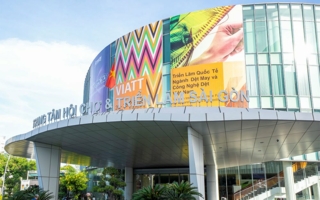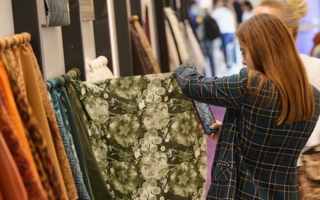04/01/2019 – Oeko-Tex — auf Deutsch lesen
New regulations 2019
The goal of the Oeko-Tex Association is to reinforce consumer protection and sustainability along the value creation chain for textiles and leather.
The existing guidelines for the Oeko-Tex product portfolio have thus been amended again for the start of the year. The new regulations will come into effect after a three-month transition period on 1 April 2019.
An initial overview of some important changes
Oeko-Tex already complies with the new “REACH Annex XVII CMR Legislation” The substance benzene and four amine salts have been included in the Standard 100 by Oeko-Tex and Leather Standard by Oeko-Tex and limit values have been defined. The substance quinoline, which has been under observation by Oeko-Tex since 2018, is now also regulated with a limit value.
Further new additions to the limit value catalogues
New to the limit value catalogues are various Substances of Very High Concern: these are the siloxanes D4, D5 and D6 as well as diazene-1,2-dicarboxamide (ADCA). Furthermore, a requirement has now been made with regard to the extractable part of the metals barium and selenium. In Annex 6 of the Standard 100 by Oeko-Tex, limit values have been made stricter for various parameters. This relates to the parameters for phthalates (softeners), alkylphenols and alkylphenol ethoxylates as well for per- and polyfluorinated compounds. The even more stringent requirements for residues in textile materials will result in an overall lower impact on the environment, workers and consumers.
Glyphosate under observation
In 2019 two new product groups will be under observation: glyphosate and its salts as well as the carcinogenic N-nitrosamines and N-nitrosatable substances. Glyphosate products in particular, currently the quantitatively most important ingredient in herbicides, received a lot of media attention during 2017 and 2018 and were the subject of fierce controversial debates around the world. At the end of 2017, approval for glyphosate and for further use was only temporarily extended by the EU to five years – under protest from different consumer groups and environmentalists. With the “Under observation” action, the Oeko-Tex Association is now looking more closely at the substance group in relevant textile materials and is analysing the situation in more detail.
Expanded product portfolio for sustainable production conditions
The Step assessment will be extended to leather production facilities in 2019. The name will also be changed in the course of this integration: “Sustainable Textile Production” will become “Sustainable Textile and Leather Production” – the product name Step remains the same.




